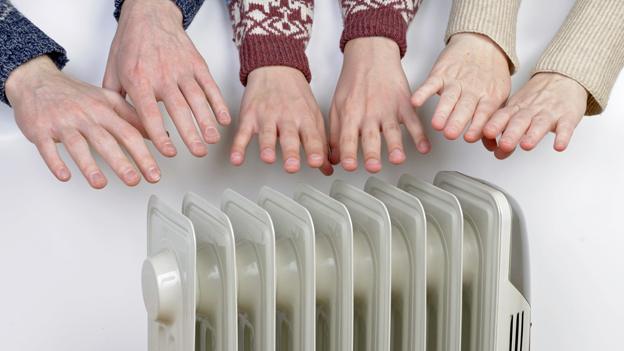England sees funding fall for energy-efficient homes
- Published
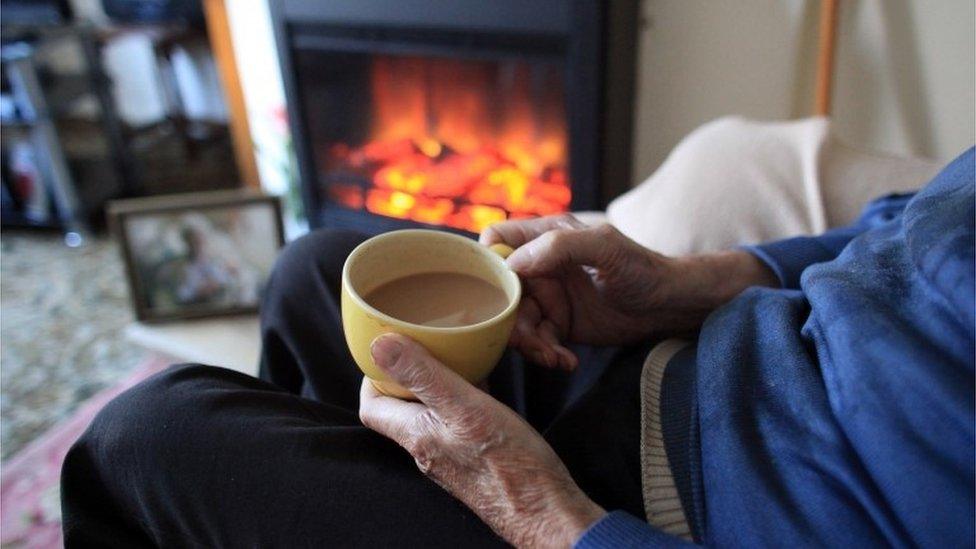
As the cold bites, a report says public investment in warm homes in England has been cut by 58% since 2012.
It says Scotland now spends four times as much per citizen as England on energy efficiency.
The report from the energy think tank e3g urges government to make warm homes a national infrastructure priority.
The government did not challenge the figures, but it said that spending on homes was now better targeted at poor households.
32,000 excess winter deaths
According to e3g's report, England has the second worst record on cold weather-related deaths out of 30 European countries.
The last five years saw an average of 32,000 excess winter deaths in the UK, with 9,700 each year estimated to be linked to living in cold homes.
The drop in investment happened when David Cameron's government ended all taxpayer-funded energy efficiency programmes in England.
It also halved the UK-wide obligation on energy suppliers to deliver energy efficiency improvements.
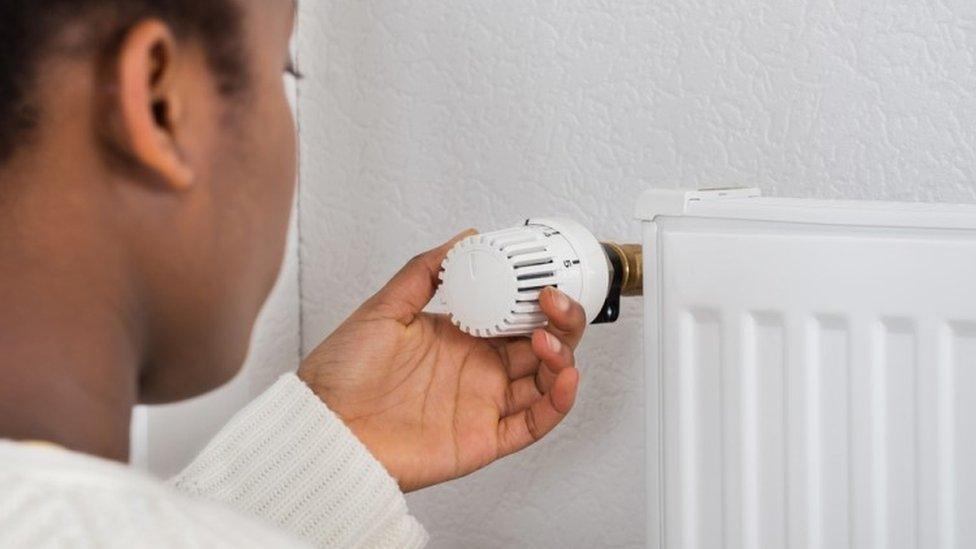
At the time, David Cameron reportedly said he wanted to "cut the green crap" as part of an attempt to bring down energy bills.
"This is now widely considered by experts as a massive mistake," said Pedro Guertler from e3g.
"The saving on energy bills from David Cameron's cuts were soon cancelled out by energy price increases, while the energy efficiency programme was cut back to the bone.
"Today's average annual household energy bill is £500 lower as a result of the UK's energy efficiency programmes since 2004.
"What the Cameron government regarded as 'green crap' is now increasingly seen as 'green gold'."
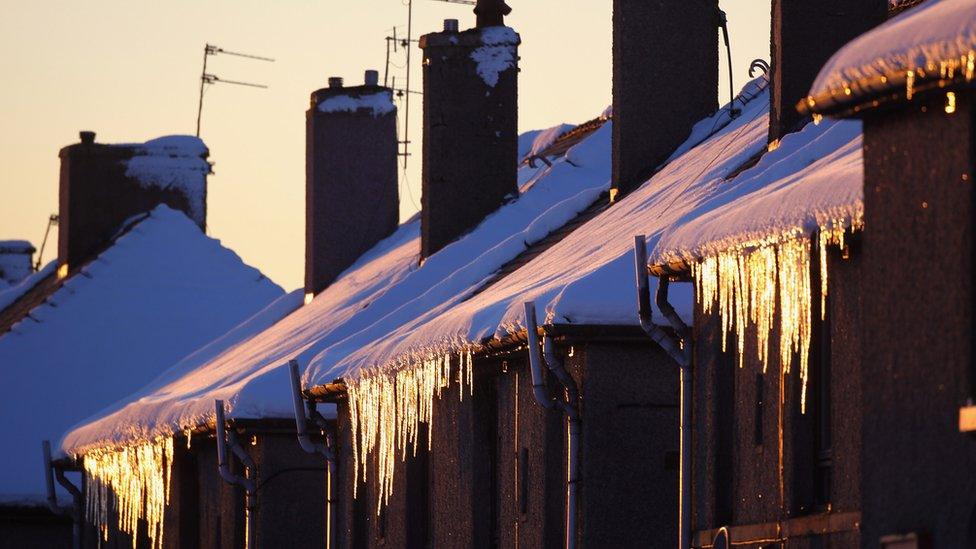
E3g calculates that Wales spends twice as much as England on insulation per person, and Northern Ireland three times as much.
Scotland has found public cash to promote warm homes by treating the work as an infrastructure project.
E3g say it would be far better economic value for the government to spend £50bn insulating people's homes than building HS2 - and would save lives and bring people comfort in the process.
Mr Guertler said: "Making our buildings energy-efficient is the most cost-effective means of decarbonising our energy infrastructure - it protects from the health risks of cold homes and keeps our energy bills down.
"The priority for our infrastructure programme should be to make our homes warm whilst slashing energy demand and bills."


A government spokesman said ministers had taken action to improve the insulation standards of properties to let.
He added: "The government is committed to tackling fuel poverty. The Warm Home Discount provides two million low income households with £140 off their winter energy bills and the safeguard tariff cap is to be extended to a further one million customers - so over five million customers will be protected for the first time this winter."
Follow Roger on Twitter @rharrabin
- Published28 February 2017
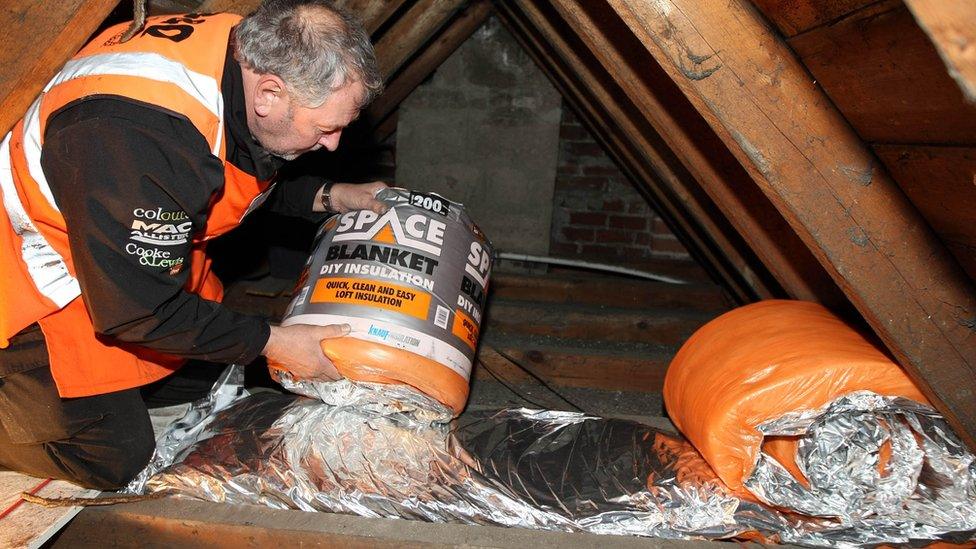
- Published2 February 2016
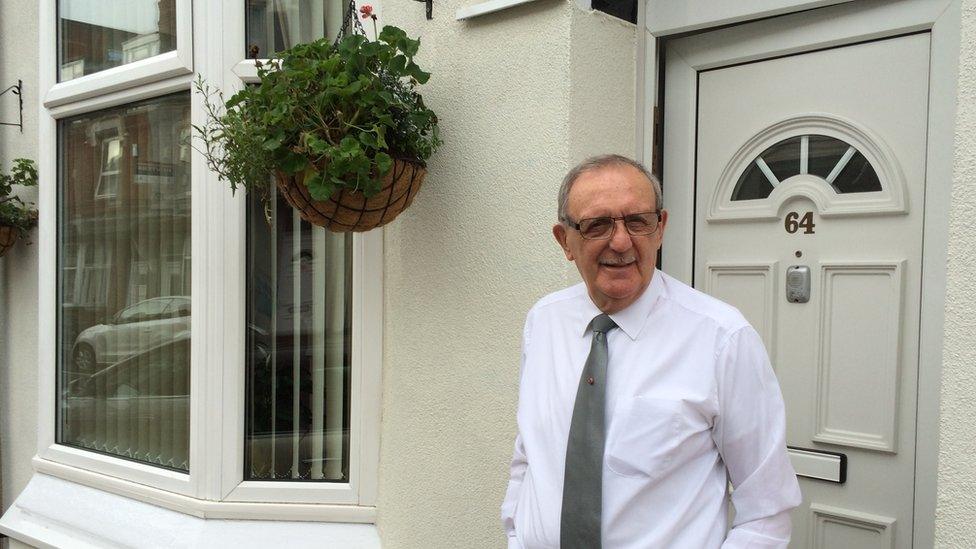
- Published31 October 2013
